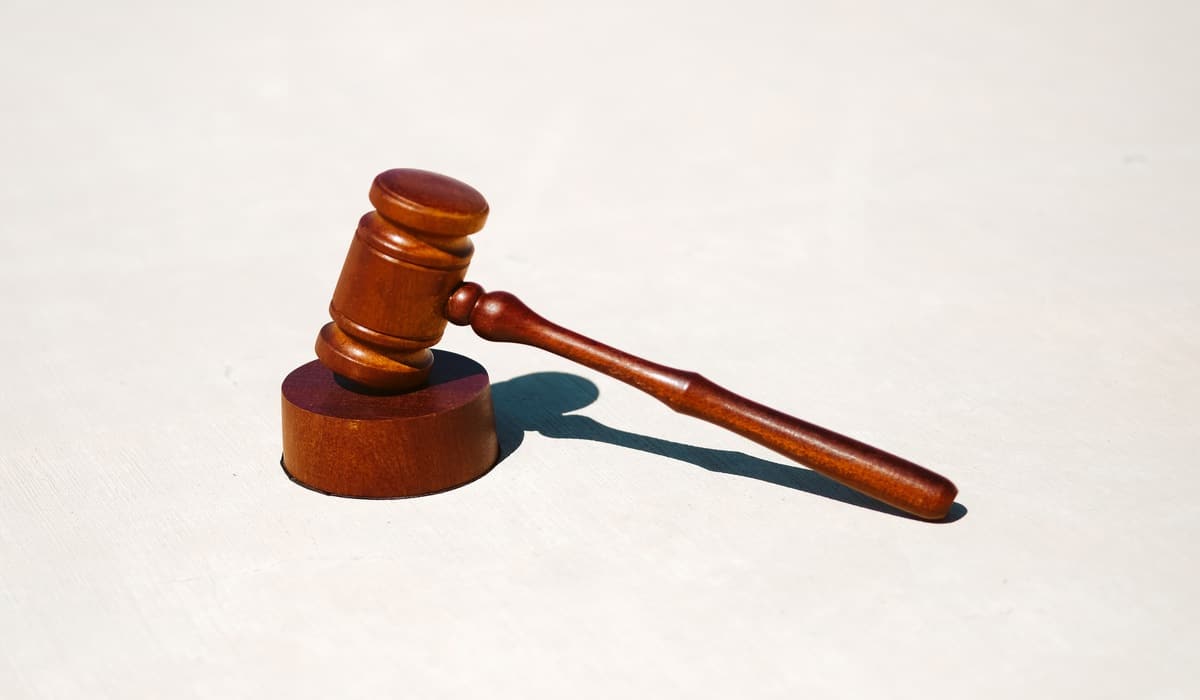Table of Contents
Restraining orders are legal protections designed to ensure the safety and well-being of individuals who may be at risk of harm or harassment. If you find yourself in a situation where you are contemplating whether to obtain a restraining order, you may wonder if it is necessary to hire a lawyer to assist you throughout the process. While the decision ultimately depends on various factors, understanding the role of a lawyer in obtaining a restraining order can help you make an informed choice.
Understanding Restraining Orders
Before delving into whether you need a lawyer for a restraining order, it is essential to have a clear understanding of what a restraining order entails. It establishes boundaries and prohibits the restrained person from engaging in specific activities or behaviors that could harm or harass the protected person.
Reasons to Consider Hiring a Lawyer
While it is possible to file a restraining order without legal representation, there are several compelling reasons why you may want to consider hiring a lawyer to assist you:
- Legal Knowledge and Expertise: Lawyers specializing in family law or domestic violence cases possess the necessary legal knowledge and expertise to navigate the complexities of the legal system effectively. They can guide you through the process and ensure that all necessary paperwork is properly prepared and filed.
- Protection of Your Rights: A lawyer will advocate for your rights and interests throughout the restraining order process.
- Gathering Evidence: In some cases, presenting evidence is crucial to obtaining a restraining order. A lawyer can help you gather the necessary evidence, such as witness testimonies, photographs, or communication records, to strengthen your case and increase the likelihood of obtaining the order.
- Representation in Court: If your case requires a court hearing, having a lawyer by your side can provide valuable support and representation. They will present your case before the judge, cross-examine witnesses if necessary, and argue on your behalf.
Factors to Consider When Deciding
When determining whether to hire a lawyer for a restraining order, several factors should be taken into account:
- Complexity of the Case: If your case involves complex legal issues, such as child custody or property disputes, it is advisable to seek legal assistance.
- Personal Safety Concerns: If you fear for your safety or have experienced severe harassment or abuse, involving a lawyer can provide an additional layer of protection. They can help you assess the risks, strategize the best course of action, and take necessary precautions to safeguard your well-being.
- Legal Assistance Accessibility: Consider the availability of legal aid services in your area. If you have limited resources or cannot afford to hire a private lawyer, reaching out to legal aid organizations or pro bono services may be a viable option.
The Process of Obtaining a Restraining Order
The process of obtaining a restraining order typically involves the following steps:
- Filing the Petition: You need to file a petition for a restraining order at the appropriate court. The petition should outline the reasons for seeking the order and provide supporting evidence, if available.
- Temporary Restraining Order (TRO): In urgent situations, the court may grant a temporary restraining order without a full hearing. This provides immediate protection until the scheduled court hearing.
- Court Hearing: A hearing will be scheduled where both parties can present their arguments and evidence.
Alternatives to Hiring a Lawyer
If hiring a lawyer is not feasible due to financial constraints or other reasons, there are alternatives available:
- Self-Representation: You have the right to represent yourself in court. However, it is important to thoroughly research the legal requirements and procedures involved to ensure you present a strong case.
- Legal Aid Services: Contact local legal aid organizations or seek assistance from pro bono lawyers who provide free or reduced-cost legal services to individuals in need. Moreover, They can guide you through the process and provide the necessary support.
Conclusion
Deciding whether to hire a lawyer for a restraining order depends on various factors. Further, including the complexity of your case, personal safety concerns, and accessibility to legal assistance. While legal representation can offer valuable expertise and support, there are alternatives available for those who cannot afford a lawyer. Ultimately, prioritize your safety and well-being throughout the process.
Frequently Asked Questions (FAQs)
- What is a restraining order? A restraining order is a legal document issued by a court to protect individuals from harassment, abuse, or threats. It establishes boundaries and prohibits the restrained person from contacting or approaching the protected person.
- How long does a restraining order last? The duration of a restraining order varies depending on the jurisdiction and the specific circumstances of the case. It can range from a few months to several years. Renewal or modification may be possible if necessary.
- Can I modify or terminate a restraining order? Yes, it is possible to modify or terminate a restraining order. You would need to petition the court and provide valid reasons for the requested changes or termination.
- What happens if someone violates a restraining order? Violating a restraining order is a serious offense. The consequences can include fines, imprisonment, or additional legal actions. Additionally, It is important to report any violations to the appropriate authorities.
- Do I need a lawyer to defend against a restraining order? Consulting with a lawyer is advisable to understand your options and navigate the legal process effectively.
Photo by Tingey Injury Law Firm on Unsplash


